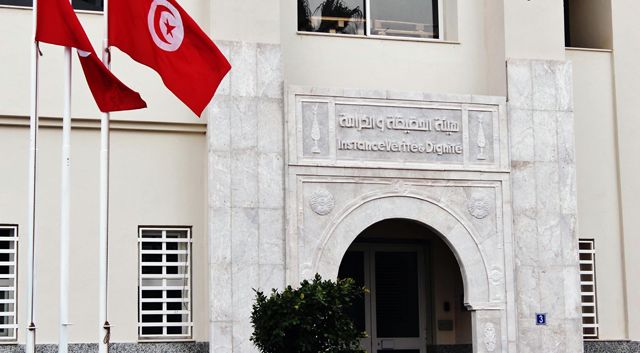
Sep 26, 2021 | News
The investigation and adjudication of sexual and gender-based crimes by the Specialized Criminal Chambers must be victim-oriented and aimed at securing victims’ right to effective remedy while simultaneously upholding the accused’s right to a fair trial.
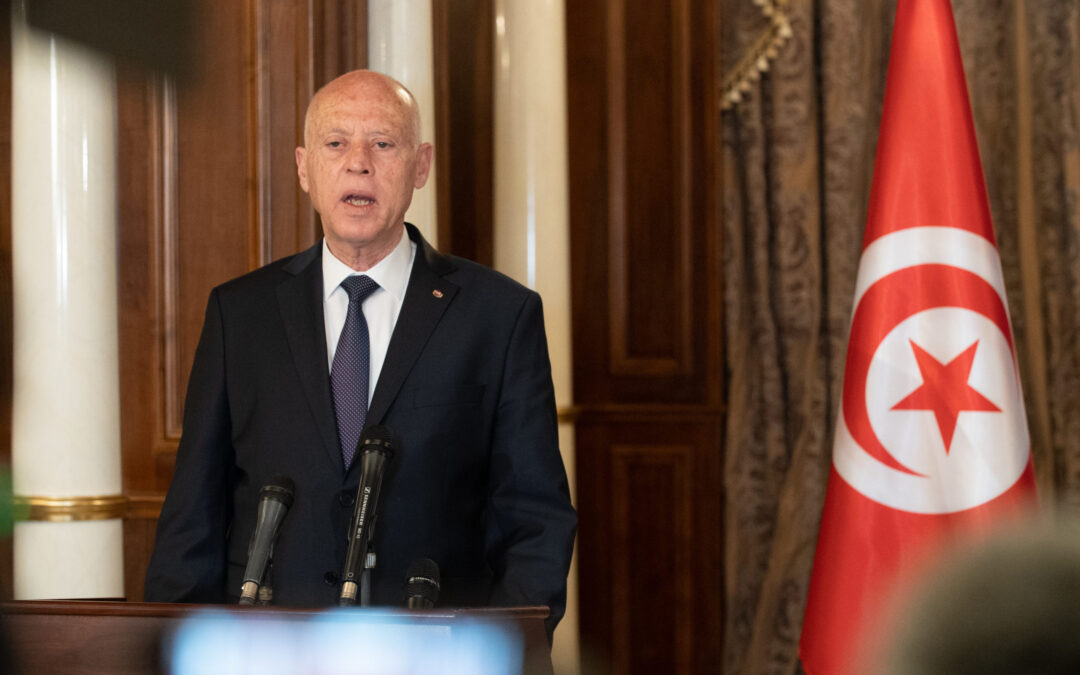
Sep 24, 2021 | News
Presidential Decree 117 on 22/09/2021 is an affront to the Rule of Law and the constitutional order and must be immediately revoked, the International Commission of Jurists (ICJ) said today.
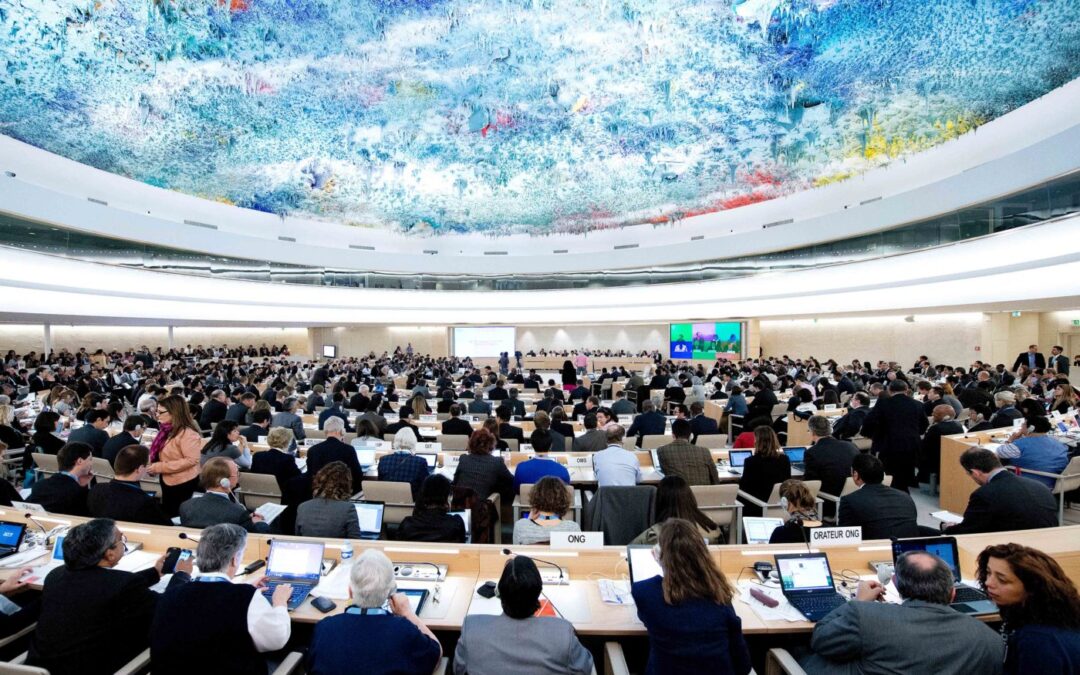
Sep 21, 2021 | News, Work with the UN
United Nations Human Rights Council member states, including Libya, should continue to support the Independent Fact-Finding Mission on Libya by renewing its mandate during its 48th session, which began on September 13, 2021, seven human rights organizations said today.
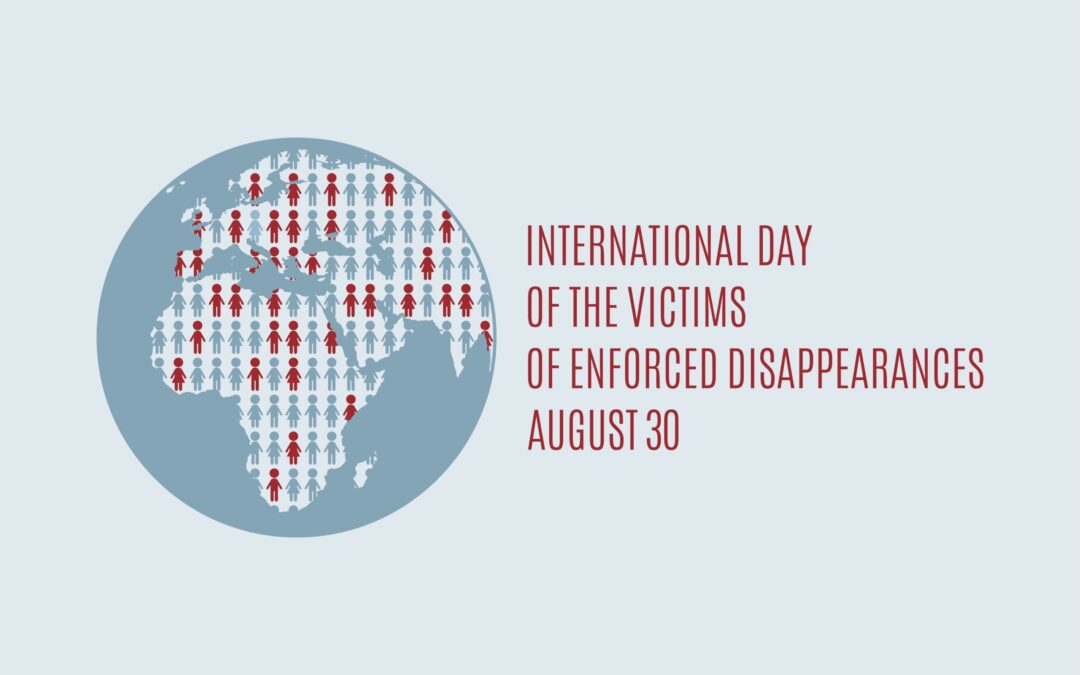
Aug 30, 2021 | News
Today, on the occasion of the International Day of the Victims of Enforced Disappearances, we the 33 undersigned local, regional, and international organizations, associations, and networks come together to highlight the dramatic and persistent nature of enforced disappearances in the Middle East and North Africa (MENA) region and the accompanying impunity enjoyed by perpetrators of these crimes throughout the region.
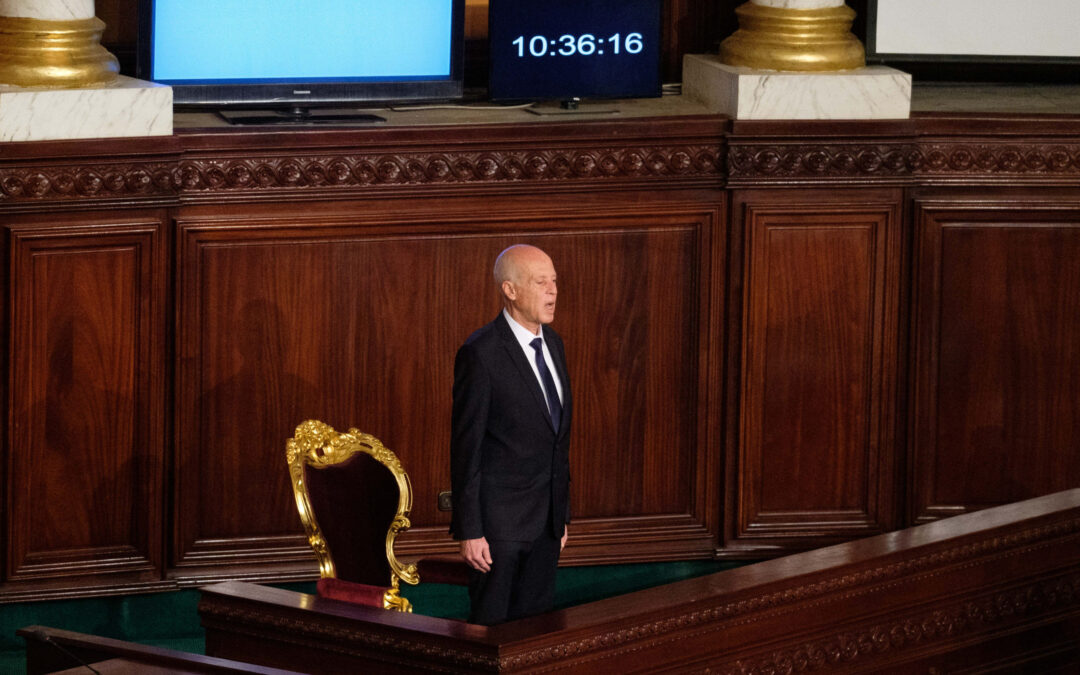
Aug 25, 2021 | News
President Kais Saied must immediately revoke his decree renewing the State of Exception and related measures sine die, the International Commission of Jurists said today.
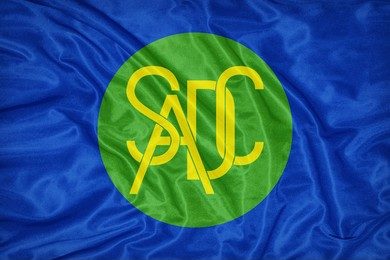
Aug 17, 2021 | Advocacy, News
On Tuesday 17 August 2021, Amnesty International, the International Commission of Jurists and Oxfam issued a public statement requesting that SADC Member States use the opportunity presented by the 41st SADC Summit to adopt a resolution to ensure equitable COVID-19 vaccine access in the region.










